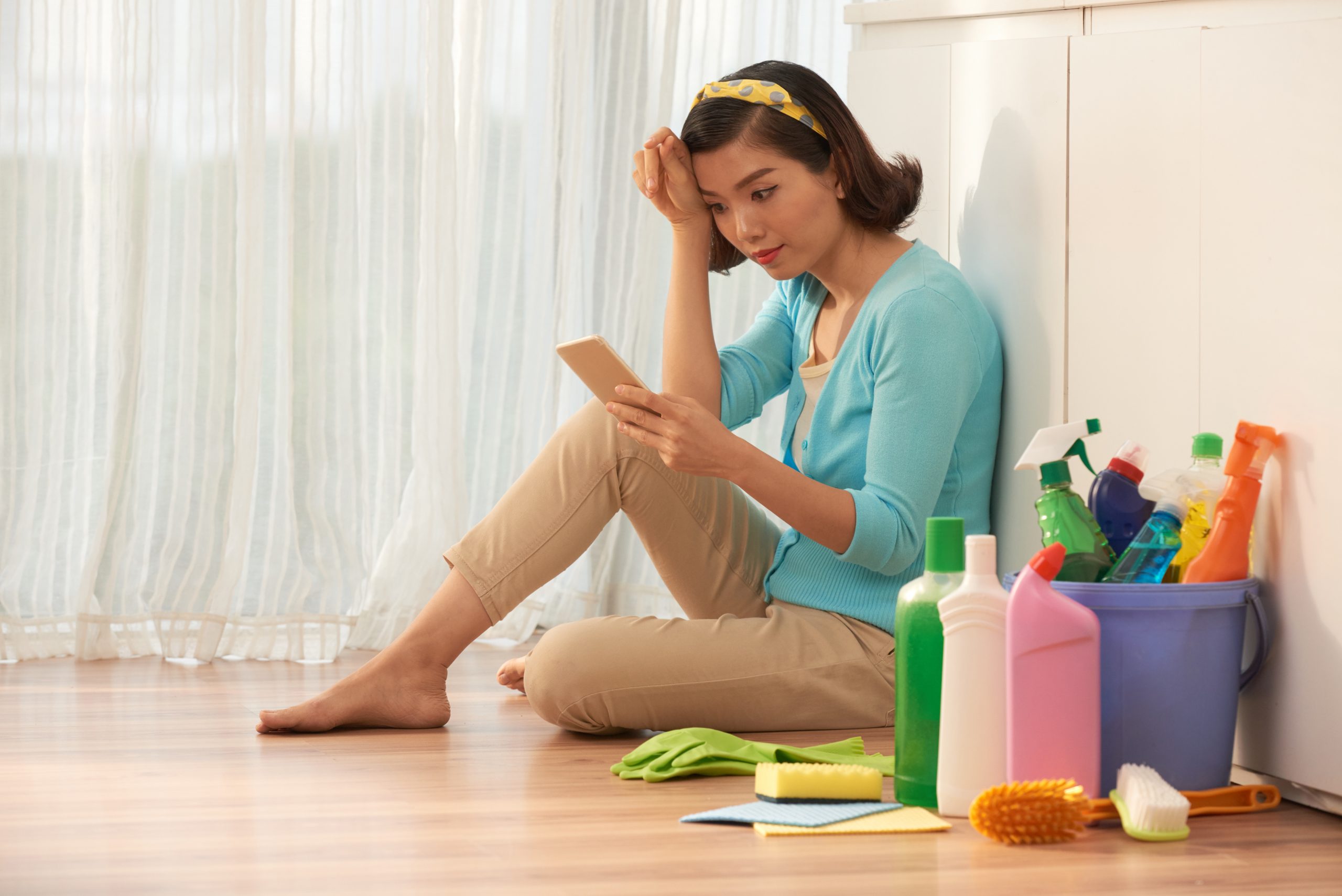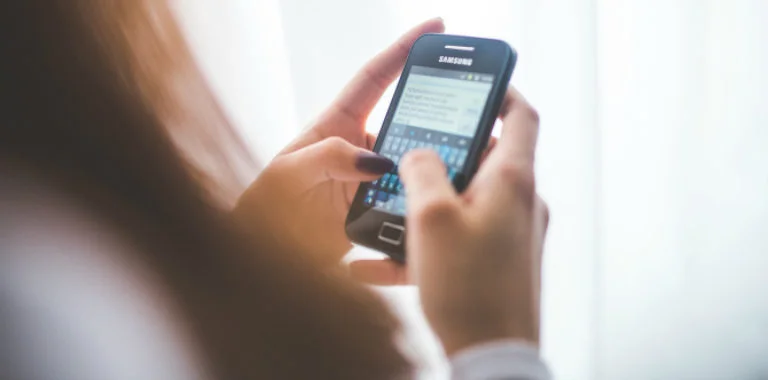The use of handphones by maids in Malaysia is a contentious issue that frequently sparks differing perspectives and heated debate. Employers, maids, and maid agencies all hold different views on this topic, affected by concerns about privacy, productivity, and communication requirements. This article discusses the benefits and drawbacks of allowing maids in Malaysia to use smartphones, the legislative situation, and advice for establishing clear standards to promote a balanced and respectful working relationship.
The Legal Perspective
From a legal standpoint, there are no specific regulations in Malaysia that prohibit maids from using handphones. The decision is generally left to the discretion of the employer. However, it is essential to consider the maid’s rights to communication and personal freedom while ensuring that their phone usage does not interfere with their duties or compromise the household’s security and privacy. Like every popular debate topics, there are two sides to the equations as while many may go against the idea of allowing maids to use handphones, some may see the advantages of providing their maids with such freedom.
Advantages of Allowing Usage of Handphones
1. Communication with Family
Many maids come from foreign countries, leaving their families behind. Allowing them to use handphones enables them to stay in touch with their loved ones, providing emotional support and helping them cope with homesickness.
2. Emergency Situations
In case of emergencies, having a handphone allows the maid to quickly contact emergency services, the employer, or other necessary contacts. This can be crucial in situations involving the children or elderly individuals they care for.
3. Access to Information and Education
Handphones provide access to information and educational resources. Maids can use them to learn new skills, access language translation apps, or seek advice on handling specific tasks, ultimately improving their job performance. Some maids might even utilize social media to improve their cooking skills by seeking for recipes online.
4. Convenience for Employers
Allowing maids to use handphones can also benefit employers. It makes it easier to communicate instructions, coordinate schedules, and check on the status of tasks when employers are not at home.
Disadvantages of Allowing Usage of Handphones
1. Distraction from Duties
One of the primary concerns for employers is that handphones can be a significant distraction. Excessive use during working hours can affect the maid’s productivity and the quality of care they provide.
2. Privacy Concerns
Employers may worry about privacy, fearing that the maid might take photos or share sensitive information about the household. This concern is particularly relevant in homes with young children or valuable possessions.
3. Potential for Misuse
There is a risk that maids might misuse their handphones, such as engaging in inappropriate behavior online, spending excessive time on social media, or using their phones for activities unrelated to their job. In 2020, CNA reported that a maid in Singapore had been exposed to have misused her phones by engaging in inappropriate sexual activities with her boyfriend and keeping pornographic content, as her employer found this out before renewing the maid’s work contract.

Should You Allow Your Maid To Use Handphones?
While many might struggle to find a clear answer, Innovedge Maid Agency came up with a couple of tips to balance the benefits and drawbacks of handphone use. It is crucial for employers to establish clear guidelines. Here are some tips for creating fair and effective rules:
1. Set Boundaries for Usage
Define specific times and situations when handphone use is permitted. For example, allow use during breaks or after working hours, but restrict it during active work periods to prevent distractions.
2. Discuss Privacy Concerns
Have an open conversation about privacy. Make it clear that taking photos or videos of the household without permission is not allowed. Emphasize the importance of maintaining confidentiality regarding household matters.
3. Provide Emergency Contact Information
Ensure that the maid has access to important contact numbers, including those of emergency services, the employer, and other relevant contacts. This prepares them to handle emergencies effectively.
4. Encourage Responsible Use
Discuss responsible use of handphones, such as limiting time on social media and focusing on positive, educational content. Encourage them to use their phones to improve their skills and knowledge related to their job.
5. Monitor and Review
Regularly review the guidelines and adjust them as necessary. Monitor the maid’s adherence to the rules and provide feedback if any issues arise. This helps in maintaining a healthy balance between personal freedom and work responsibilities.

Conclusion
The question of whether maids can use handphones in Malaysia is multifaceted, involving legal, ethical, and practical considerations. While there are valid concerns about distractions and privacy, the benefits of allowing maids to stay connected with their families, access information, and handle emergencies are significant. It is also a growing common sight in other more developed countries like Singapore to have employers who are more lenient when it comes to phone usage by maids. By establishing clear guidelines and maintaining open communication, employers can ensure that handphone use supports rather than hinders the maid’s performance and well-being. Ultimately, a balanced approach that respects the rights and needs of both the employer and the maid can foster a positive and productive working relationship.




